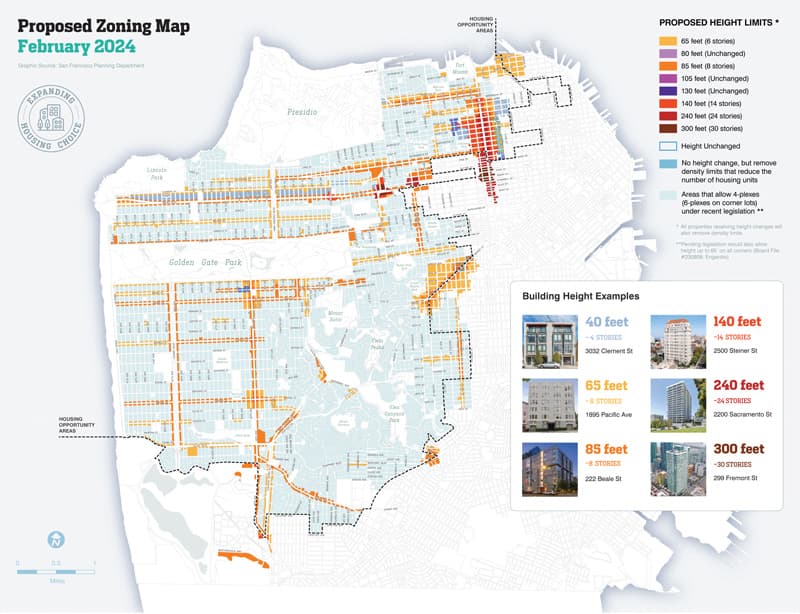San Francisco's Family Zoning Plan Aims to Boost Family-Sized Units as Studios Outpace 3-Bedrooms by 4X

San Francisco has recently launched a "Family Zoning Plan," a strategic initiative designed to foster the development of more family-friendly housing options within its urban core. The plan has garnered significant support from prominent real estate developer and proptech co-founder Bobby Fijan, who expressed his endorsement on social media, stating, "Would be so much better to do this unit like this one in San Francisdo." This endorsement highlights a growing recognition of the need to diversify housing stock beyond predominantly smaller units.
Bobby Fijan, founder of Form Analytics, a data technology company specializing in apartment floorplan optimization, has consistently advocated for a shift in urban residential development. His work emphasizes how current construction trends often neglect the needs of families, leading to a scarcity of suitable living spaces in cities. Fijan points to data indicating that, for instance, Philadelphia has seen the construction of four times as many studio apartments as three-bedroom units since 2014, illustrating a widespread imbalance.
The San Francisco Family Zoning Plan seeks to dismantle regulatory hurdles that have historically impeded the creation of dense, multifamily housing. Key proposals include zoning changes to permit six- to eight-story multifamily buildings above commercial establishments on bustling streets and along transit corridors. Additionally, the plan introduces "density decontrol," enabling the construction of more units within existing height and setback limitations, thereby facilitating smaller apartment or condominium buildings up to six stories in well-resourced neighborhoods.
Fijan argues that the prevailing focus on one-bedroom and studio apartments often compels families to leave urban environments in search of more suitable housing. He champions a "product-oriented design" philosophy, where apartments are specifically tailored to the needs of families, including features like smaller bedrooms to maximize living space and the inclusion of adaptable "dens" or "nurseries" rather than oversized walk-in closets. This approach aims to provide the flexibility needed for young families to remain in the city.
By prioritizing the development of mid-sized and family-appropriate units, San Francisco's plan aligns with Fijan's vision for creating more stable and vibrant urban communities. This strategic pivot is intended to reduce the continuous demographic churn in cities, allowing residents to establish deeper roots and contribute to the long-term social and economic health of their neighborhoods. The initiative underscores a broader movement towards data-informed urban planning that addresses diverse housing needs.